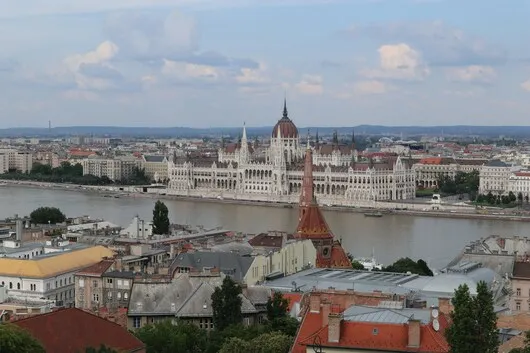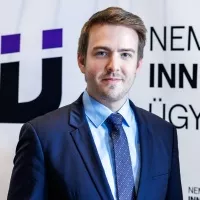Budapest is primed for a spotlight on the global stage. While 2025 GDP growth is projected at 1.8%, policymakers are actively implementing measures to foster long-term economic expansion. Hungary is the 4th most export-oriented economy within the European Union, bringing work culture and technological knowledge that significantly advances Hungary's economic performance, particularly in automotive manufacturing, battery production, and electronics. Hungary regularly produces soonicorns, such as AI startup SEON following an April 2022 $94 million round.
Budapest offers startups access to a variety of funding sources, including local VC firms and international investors. The National Research, Development and Innovation Office launched a series of programs from 2014 to 2025 aimed at developing the startup ecosystem. Among these is the 4th call of the Startup Factory program, where 11 incubators received investment-focused support for early-stage startups constituting a significant portion of Hungary's pre-seed financing ($14.3 million).
A proof of concept grant for universities supports the development of high-market-potential research that is close to company formation. The Acceleration Lane grant is designed to support spinoffs from universities in a more mature phase, focusing not only on product development, but also on assisting with market entry. In 2025, $5.7 million of state funding will complement private funding aimed at Medtech innovation. A $28.5 million over three years seed matching fund will also launch in 2025.
In March 2025, AI-driven recruitment platform Qneiform secured $3.27 million in seed funding. In October 2024, Budapest-based microlearning platform startup Voovo raised $545,000 in pre-seed funding to further develop its interactive educational tools.

